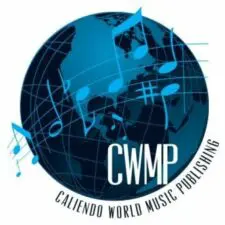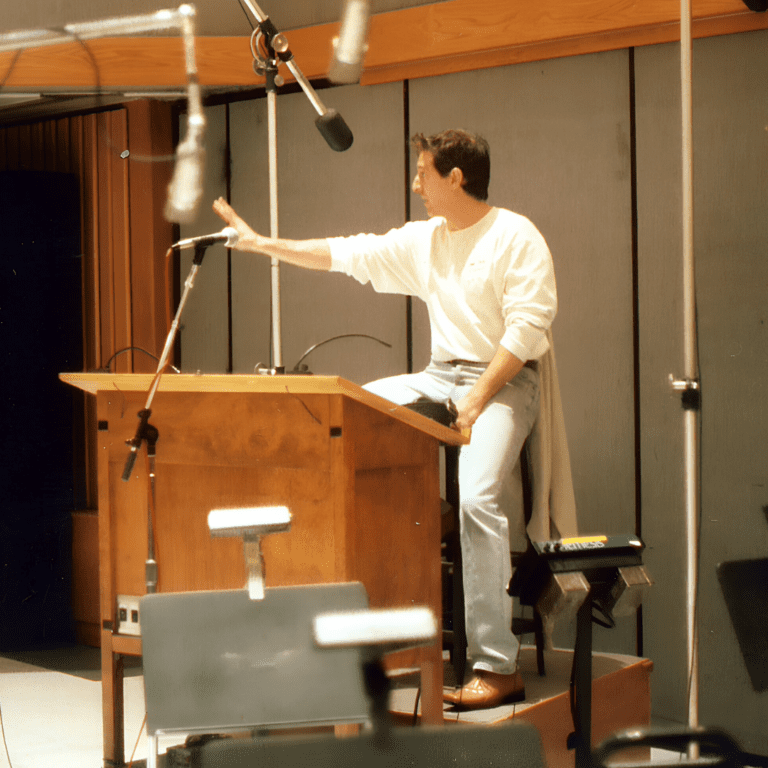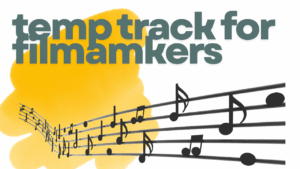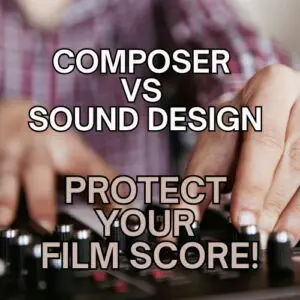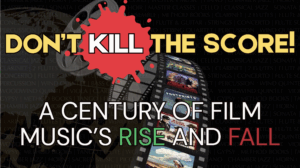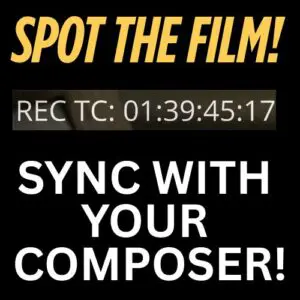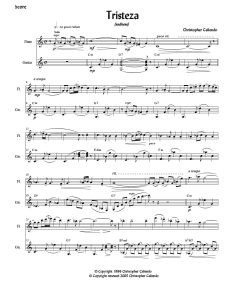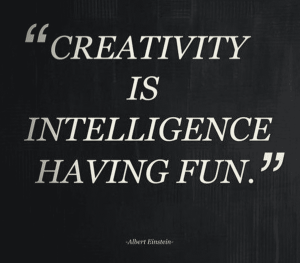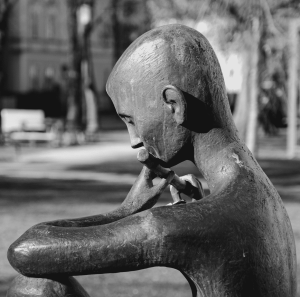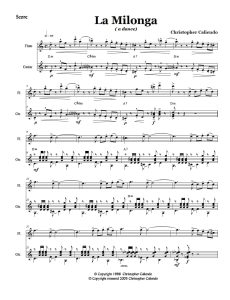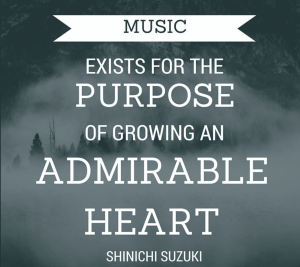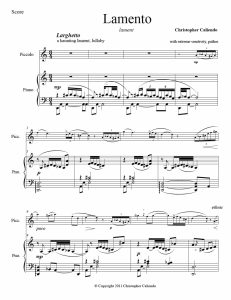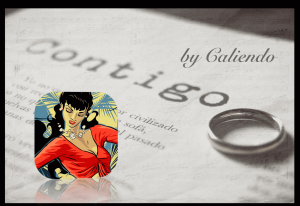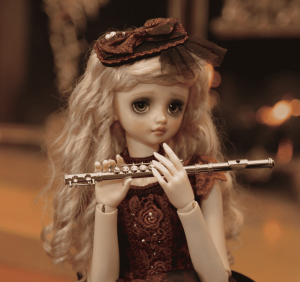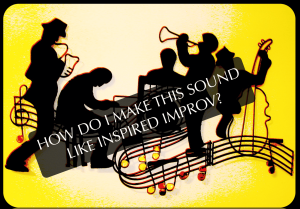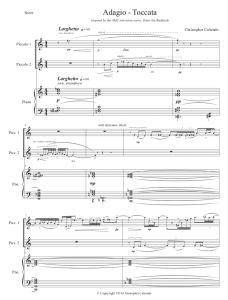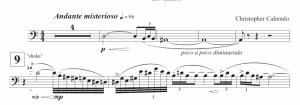Music is an indispensable element in filmmaking, capable of profoundly shaping the viewer’s emotional response and enhancing the narrative experience. However, for filmmakers, navigating the realm of composing music can be daunting. Whether you’re collaborating with a composer or selecting pre-existing tracks, understanding the fundamentals of music composition can greatly aid in effectively integrating music into your films. Here are some essential tips for filmmakers to consider when incorporating music into their projects:
- Understand the Power of Music: Before diving into the technicalities, grasp the profound impact music has on storytelling. Music can evoke emotions, establish atmosphere, emphasize key moments, and even convey character traits. Recognizing the potential of music as a storytelling tool is crucial for filmmakers.
- Collaborate with a Composer: If possible, collaborate with a composer who can create original music tailored to your film’s specific needs. Effective communication is key in this collaboration. Clearly articulate your vision, themes, and desired emotional impact to the composer, and provide references for the style of music you envision.
- Timing is Everything: Pay close attention to the timing of music cues in your film. The placement of music can significantly influence the pacing and emotional resonance of a scene. Experiment with different placements and durations of music to find the perfect balance between complementing the visuals and enhancing the narrative.
- Use Music to Enhance Emotions: Music has the power to intensify the emotional impact of a scene. Match the mood and tone of the music to the emotions you want to evoke in your audience. Whether it’s building tension, conveying joy, or instilling a sense of melancholy, choose music that enhances the intended emotional response.
- Consider Theme and Motifs: Just like visual motifs, musical themes can provide cohesion and enhance storytelling throughout your film. Introduce recurring musical motifs or themes that correspond to specific characters, locations, or narrative elements. This can help reinforce key themes and create a sense of unity in your film’s soundtrack.
- Balance Dialogue and Music: Be mindful of the balance between dialogue and music in your film’s audio mix. Ensure that the music complements the dialogue rather than overpowering it. Utilize dynamic range and sound editing techniques to achieve a seamless blend of music and dialogue, allowing both elements to shine when necessary.
- Explore Licensing Options: If hiring a composer is not feasible, explore licensing options for pre-existing music tracks. There are numerous online platforms offering a wide range of music libraries catering to different genres and moods. However, ensure that you have the necessary rights and permissions to use the music in your film, and consider the budget implications of licensing fees.
- Trust Your Instincts: Ultimately, trust your instincts when selecting music for your film. Choose music that resonates with you emotionally and aligns with your creative vision, even if it deviates from conventional norms. Authenticity and emotional resonance are paramount in crafting a memorable and impactful film.
In conclusion, music is a powerful storytelling tool that can elevate the cinematic experience and leave a lasting impression on your audience. By understanding the fundamentals of music composition and effectively integrating music into your films, you can create a rich and immersive narrative that resonates with viewers on a deeper level.
